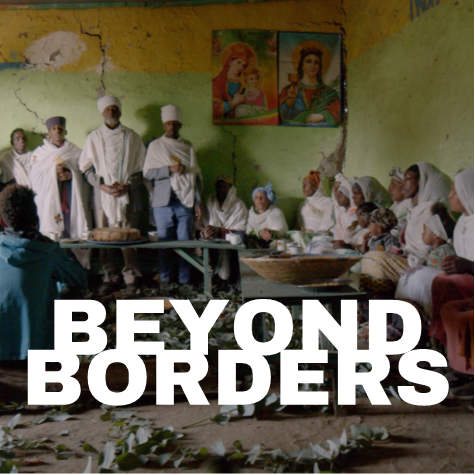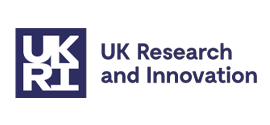‘Beyond Borders’: A podcast series by the Institute of Domestic Violence, Religion & Migration
Episode 3: Trauma, Spiritual Abuse and Spiritual Formation

‘Beyond Borders’ is a podcast series exploring intersections of domestic violence, religion and migration in today’s globalised and conflict-affected world. The series aims to provoke new thinking and questions that can inform practice and policy in responses to domestic violence and interconnected forms of violence internationally, but especially in religious, migrant and ethnic minority contexts.
The third episode features Dr David Wang, who is a licensed psychologist, a full-time faculty at the Fuller Theological Seminary in the US and a pastor. Dr Wang also leads a project on clergy spiritual formation funded by the Templeton Religious Trust and is co-lead of the ‘No More’ project that focuses on spiritual abuse and responses to it.
In the episode, Dr Romina Istratii and Dr David Wang explore together numerous topical questions, including:
What are best approaches to train clergy to become more trauma-sensitive when they support domestic violence victims or survivors? How might we understand trauma, also among clergy, and better support those who have experienced trauma, especially extreme forms of it, such as sexual violence? How might we understand spiritual abuse in religious spaces and intimate partner relationships and how can we prevent this through clergy spiritual formation approaches?
Listen to find out more about:➡️ Current definitions of trauma, including complex trauma, and latest statistics on average number of traumas per person
➡️ The relationship between personal spiritual journeys and traumatic life experiences
➡️ Definitions of spiritual abuse in Europe and North America and what makes spiritual abuse ‘spiritual’
➡️ The role of trauma in gender formation, including intersections with masculinities
➡️ Approaches to contextualise evidence in culture-specific realities and efforts in this directionThe podcast is intended for practitioners and policy makers who would like to understand better the current state of evidence and innovative research approaches on the topic of trauma and spiritual abuse to inform interventions on domestic violence and other forms of abuse.
